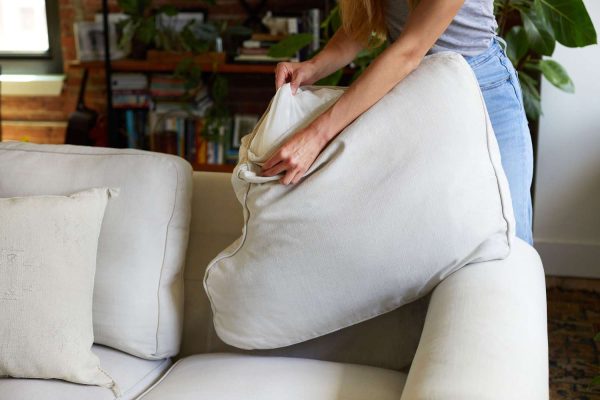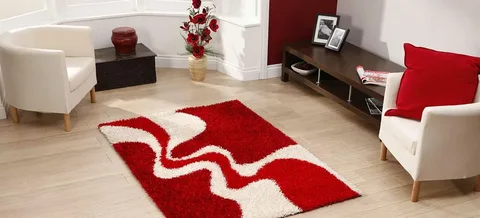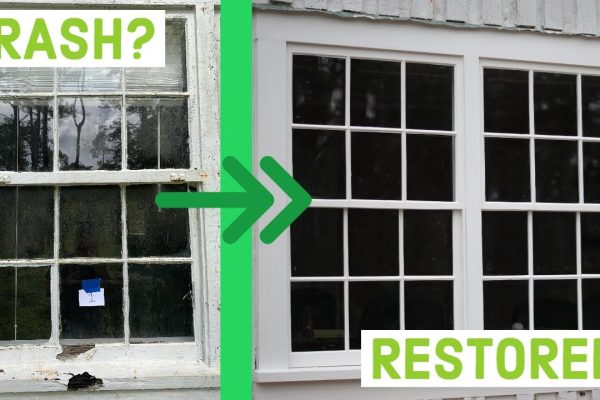If you’re a landlord in London, do you think you should invest in furnishing your rental apartment? Should you get a sofa, a bed, a wardrobe, a TV cabinet, and so on? Will it help you make more money from your rental? Let’s find out why!
The benefits of furnished property
When it comes to furnishing a flat, the obvious benefit is a higher rent. But it’s not just a question of asking your tenants to pay more – it’s also about who you’re trying to attract. Corporate clients are looking for a high caliber tenant and a budget to pay more, but they usually need a furnished property. Overseas tenants and short-let tenants, as well as professionals looking for a place to call home, also tend to prefer furnished apartments.
They just don’t want to spend time and money on moving, moving in, moving out and storing furniture in town. If you’re looking to rent an apartment in an area that’s attractive to corporate clients, like the financial district or Wimbledon during the tournament, and you have the money to provide quality, up-to-date furnishings, it could help you make more money. Especially if you can add or remove whatever furnishings you provide, partial furnishing could be beneficial for your let.
It’s important to note that not all furniture is the same. For example, if you’re looking to rent out a prime central property for a top-tier corporate client, you need to think a lot more carefully than just adding an extra bookcase or a weird coffee table. You could be offering top-of-the-line kitchenware, comfy bedding, entertainment, and decor. So if you’re thinking about furnishing to get a higher price, you’ll have to think about quality, quantity, and style for your perfect tenant.
No matter what your budget is and what you’re bringing into your home, you’ll need to make sure everything meets the right safety standards. For example, all electrical items must be tested and your furniture and fixtures must have the right fire resistance labels.
Why some landlords choose unfurnished?
Furnishing a property comes with its own set of challenges. You’ll need to think about the wear and tear that comes with furnishing a property, and you’ll have to add furniture maintenance to the list of things to do when a tenant moves out of the property. You may also be eligible for a council tax discount if your property is unfurnished during a vacancy period, so it’s worth checking with your tax adviser to see if you’re eligible.
While furnished flats may attract corporate tenants, unfurnished ones also have a very specific clientele – long term tenants. If a tenant is planning to rent your flat for a number of years, it is in their best interests to build a relationship, pay rent on time, and keep the property in good condition. It also reduces the number of empty periods and the costs associated with check-ins/check-outs.
Whether you furnish it or leave it up to the tenant will depend on the location of your property, the type of tenant you’re looking for, the amount of money you’re willing to spend upfront, and the amount of time you can allocate to maintenance and compliance.
Knowing what your next renter wants is not always possible unless you have expert knowledge of estate agents. Reach out to dowen.co.uk to get in touch with one.











